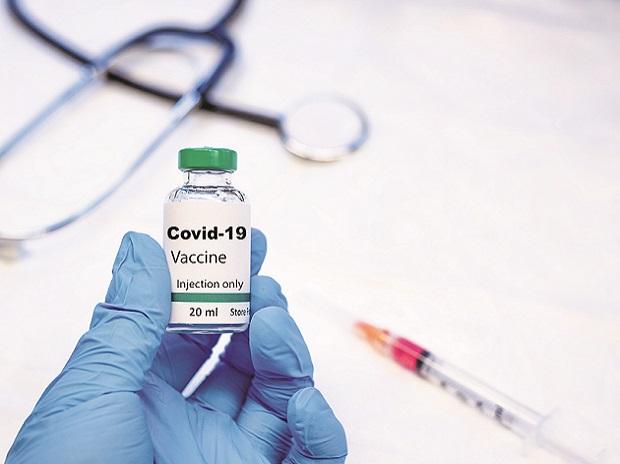The Union Health Ministry stated on Friday that vaccine production takes time and that even if manufacturing is increased, it would not result in a rise in immediate supplies because this is not an overnight operation. According to the Centre, a vaccine is a biological product of medical relevance that requires time for harvesting and quality testing. The growth in production must also be guided, as the finished result must be safe, according to the government in justifying its immunization plan.
The declaration comes after Congress leader Rahul Gandhi questioned the rate of vaccination and stated that there is no vaccination plan. At the present rate, it will take another three years to vaccinate the whole population, and by that time, India would have seen several waves of the epidemic.
Union Minister of Information and Broadcasting Prakash Javadekar responded to the criticism by saying the health ministry has a plan in place to vaccinate the entire population by December 2021, as production capacity for current vaccines is increased and more vaccines are approved in the coming days.
Covid-19 vaccines are in high demand globally, and manufacturers in different countries have limited manufacturing capacity, according to the ministry, adding that despite the availability constraints, India has covered 200 million people in only 130 days, making it the world’s third-largest coverage.
4 crore Covaxin injections unaccounted?
In response to concerns that around four crore Covaxin doses are unaccounted for, the health ministry stated that those claims are false. “The accusations of Bharat Biotech holding 6 crore doses are a misunderstanding on the part of some quarters reporting the above topic,” it stated.
The ministry provided statistics on Bharat Biotech’s vaccine delivery, stating that the Hyderabad-based pharma business sent 2,76,66,860 vaccine doses to the Centre as of May 28. In April, it produced 1 crore vaccine doses per month, with output increasing to 7-7 crore vaccine doses per month in July-August. By September, manufacturing would have reached approximately ten crore doses.









